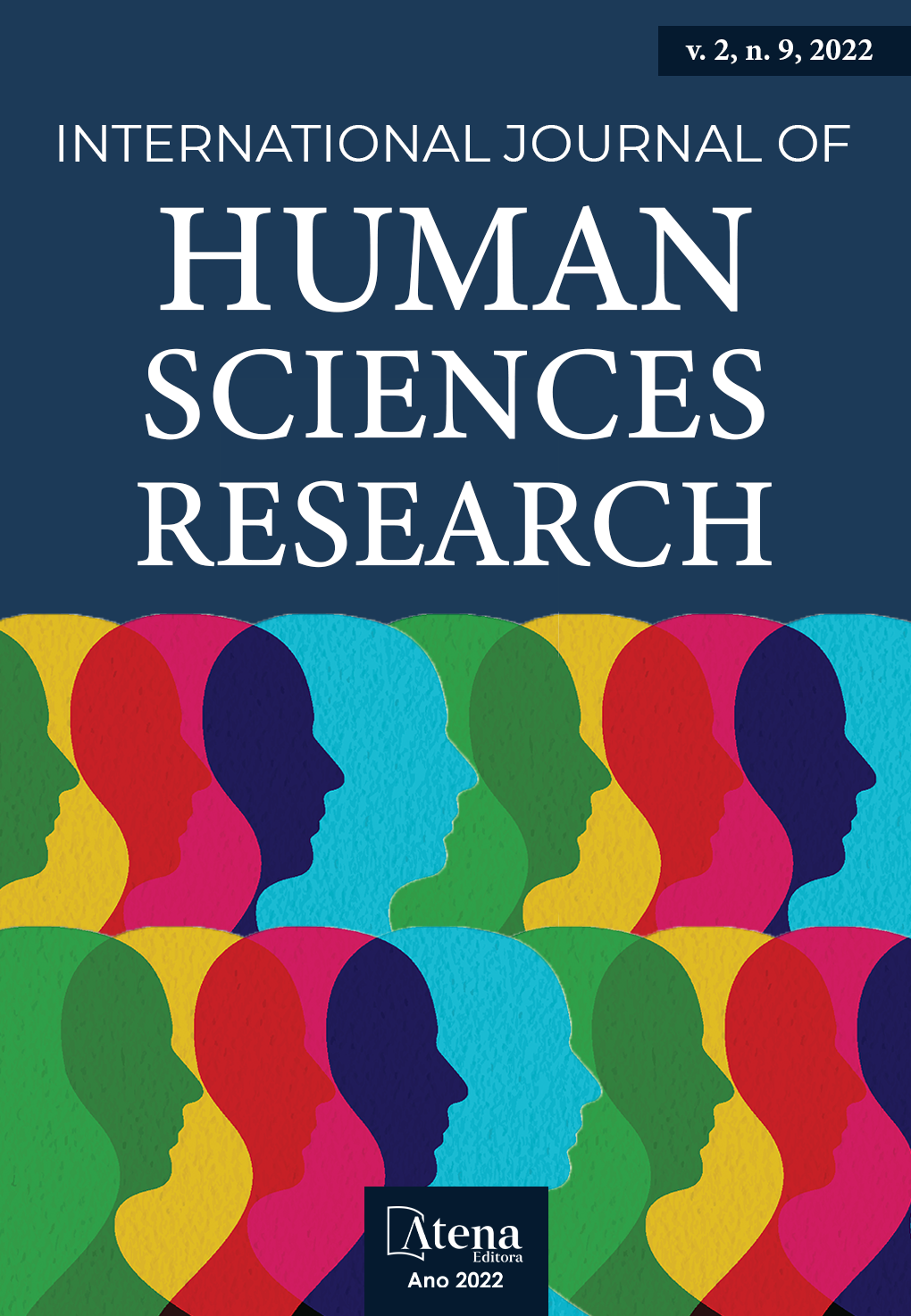
CHILDREN OF THE DIGITAL AGE: THE NARRATIVES OF CHILD YOUTUBERS AND THEIR INFLUENCE ON THE EDUCATION AND IDENTITY OF CONTEMPORARY CHILDHOOD
The present research sought to investigate the construction of identity of contemporary childhood from children's experiences that occur through the narratives of child youtubers. 78 videos from 2019 were selected to compose the corpus, from two YouTube channels, with a total of 211 references, including texts and images. With the Content Analysis strategy, four major categories were identified that permeate contemporary children's identity. In the light of Cultural Studies, it was found that content creators, due to the high visibility of their channels, go from online to offline screens, producing new experiences for the audience. They also use transmedia storytelling to intensify the relationship with children. As a result, it was found that propagated child identities circulate mainly in the categories of consumption (34%), followed by stereotype (24%), adultization (22%) and celebrity (20%). These results project needs in terms of media education support for effective citizen education for childhood.
CHILDREN OF THE DIGITAL AGE: THE NARRATIVES OF CHILD YOUTUBERS AND THEIR INFLUENCE ON THE EDUCATION AND IDENTITY OF CONTEMPORARY CHILDHOOD
-
DOI: 10.22533/at.ed.558292208044
-
Palavras-chave: contemporary childhood; child identity; child youtuber
-
Keywords: contemporary childhood; child identity; child youtuber
-
Abstract:
The present research sought to investigate the construction of identity of contemporary childhood from children's experiences that occur through the narratives of child youtubers. 78 videos from 2019 were selected to compose the corpus, from two YouTube channels, with a total of 211 references, including texts and images. With the Content Analysis strategy, four major categories were identified that permeate contemporary children's identity. In the light of Cultural Studies, it was found that content creators, due to the high visibility of their channels, go from online to offline screens, producing new experiences for the audience. They also use transmedia storytelling to intensify the relationship with children. As a result, it was found that propagated child identities circulate mainly in the categories of consumption (34%), followed by stereotype (24%), adultization (22%) and celebrity (20%). These results project needs in terms of media education support for effective citizen education for childhood.
-
Número de páginas: 20
- Camila Blessa
- Débora da Silva Cardoso


